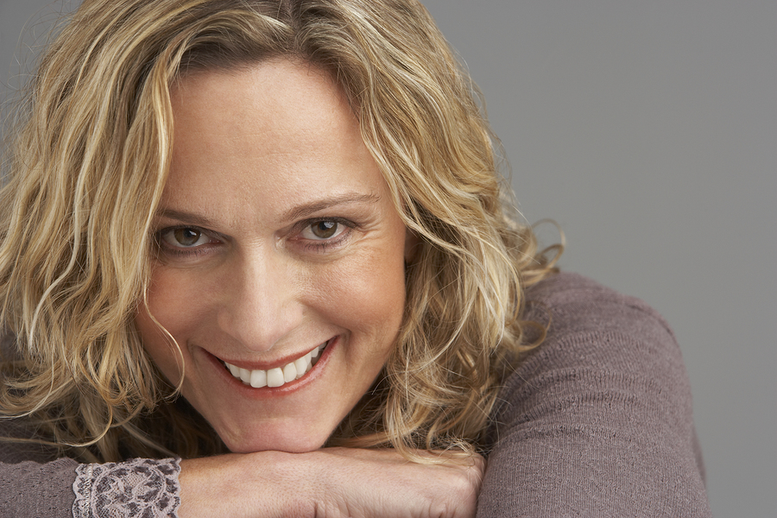Is that a trick question, you might ask? Why would middle aged women not need contraception? Of course a lot of them do, but a lot of them don’t, it’s not such a secure field of need as it is among younger, sexually mature adults. The reason that there’s a question mark at all is a clinically cobwebby history of potential safety issues, and the assumption that by middle age women will have all of this done and dusted, been sorted for years, kind of thing. Contraceptive advice is usually tailored towards younger women because it’s presumed that they know less, have less experience and might be just be embarking on their sex lives. But this doesn’t mean that middle aged women (for this purpose variously applied between 40-60 years of age) don’t need access to the same, comprehensive contraceptive advice. A dangerous precedent to set both for family planning reasons and their own health.
The myth that these women simply didn’t need access to the same services as younger women is one which has perpetuated for the last half a century. The argument has been that they have generally reduced fertility and less need compared to women in their twenties. A sort of ‘aim the services where they are most used’ approach. And one of the main problems has been that women have been swept along by this logic, why wouldn’t they be? We’re all conditioned to accept medical advice as the ultimate truth. For many years doctors were giving out the advice that the contraceptive pill wasn’t safe for older women to take, that the potential dangers outweighed the benefits and there were possibly complications like blood clots. Unsurprisingly this made women unlikely to take it, especially because for this generation they’d had the same view, and been given the same advice for years, from highly qualified and experienced clinicians. Initially the pill had a very high oestrogen level when it was initially launched, but it has decreased over the years, now containing no more than 35mg of progesterone.
But there’s a different truth which has be acknowledged, and especially now. It’s essential for middle aged women to have access to the same services as younger ones, they need the same screening for STIs and the same advice about safe sex. Why is this the case? Two main reasons have cropped up:
- The divorce rate among this age group has almost never been higher. Women no longer feel obliged to stay in unhappy marriages, the result of this being that they are unexpectedly back on the dating scene after possibly many years of being with the same person and having no concerns about STIs or pregnancy. Obviously if they then begin to have sex with different people/a different person, this issues come up again and safe sex/contraceptive advice becomes paramount.
- The second reason is that just before they go through the menopause, women have a ‘last chance’ burst of fertility. This has resulted in lots of pregnancies not being detected until later as it’s assumed that the signs are of the menopause. So at an age where women are thinking it’s OK to let contraception slide a bit, it’s actually one of the worst times! Added to that, the menopause probably isn’t very far away and the maelstrom of hormones that will be released then is quite enough for the body to cope with, without adding to it.
So, what does this mean for women of a certain age?
The most rounded advice being given by doctors now is that condoms are probably the contraceptive to go for, especially if dating new people is a reality. As a barrier method they are unique in providing protection against both STIs and pregnancy so you’re killing two birds with one stone. They are also easily accessible from supermarkets and chemists, no professional trips needed, and they aren’t expensive.
Additionally, these middle aged women need to be screened for health reasons, just as much as younger women. Principally for the risks from:
- -Smoking.
- -Diabetes.
- -Systemic illnesses.
- -Hypertension.
- -Systemic illnesses.
- -Problems from being obese/overweight.
So it’s not only effective family planning that women need access to, it’s also the tests to rule out/keep an eye on as they get older and arguably poor health becomes more of a risk.
If you’re reading this as an older woman then it’s worth taking on board fresh perspectives if you think they might apply to you. It isn’t just the younger generation who need to be taking contraception seriously. You might be entirely satisfied that you’re never going to fall pregnant again, but if you indulge in what can be termed ‘risky’ sexual behaviour then you certainly can’t afford to be sticking your head in the sand!



